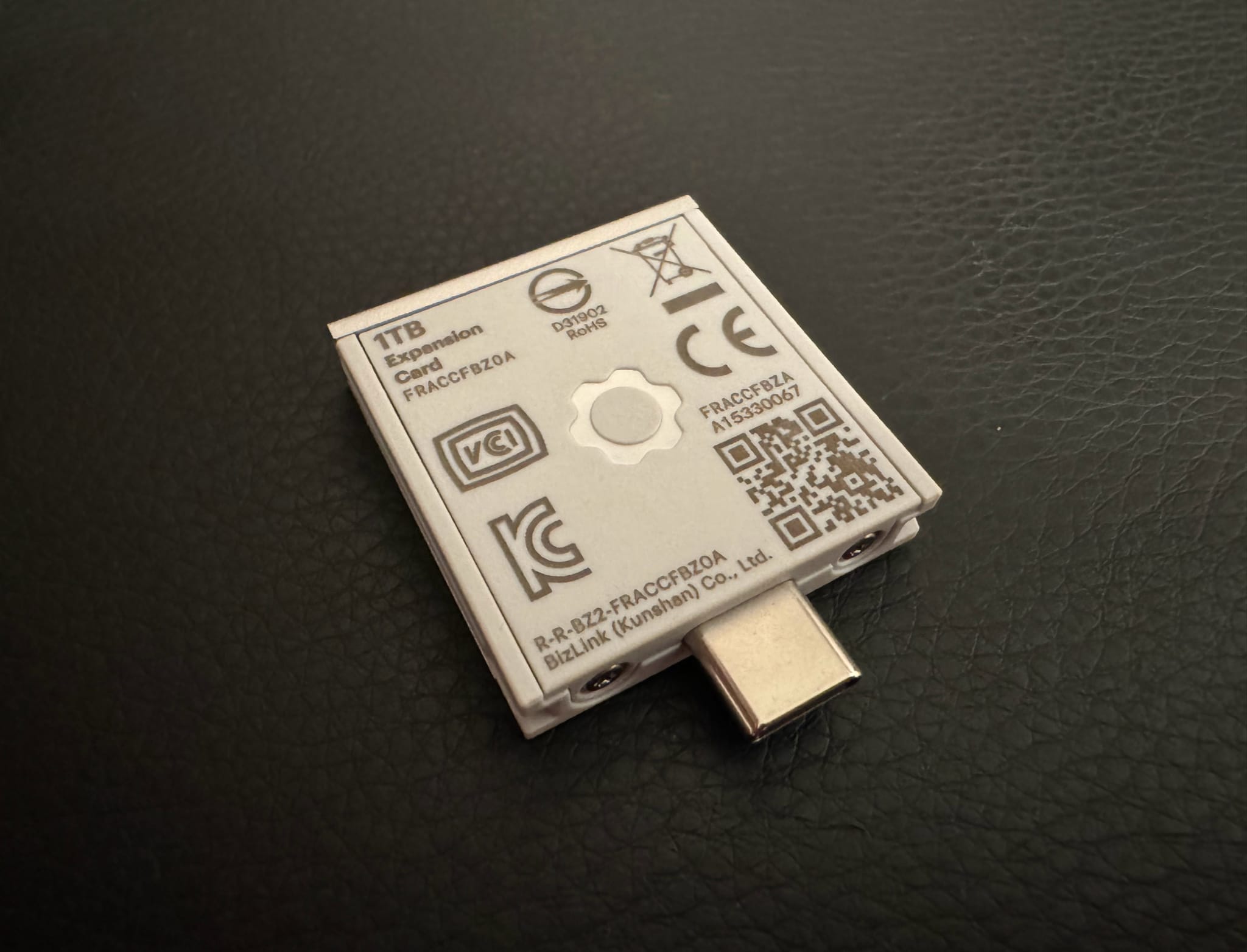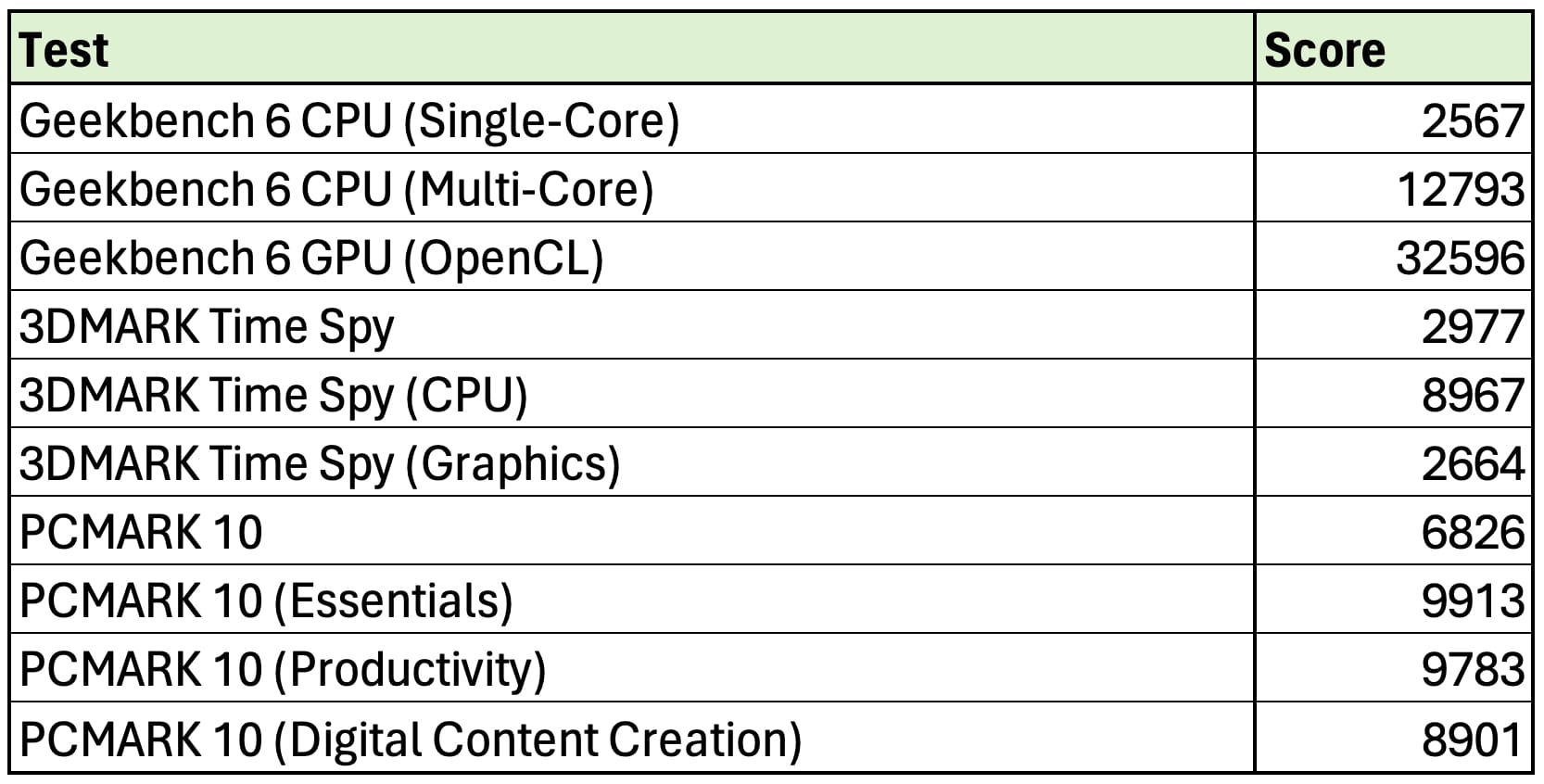Framework and Windows To Go
I am the proud owner of a Framework Laptop, running Linux (Fedora). I have written a range of articles about Framework (listed below), covering my personal use and newly established enterprise business partnership.
- Framework Laptop
- Framework and Fedora
- Framework Performance
- Framework Laptop Update
- Framework Laptop Upgrade
- 3D Printed Framework
- Framework for Business
- Framework Build
- Framework Business Pilot
- Framework Business Process
Framework and Linux offer an incredible combination of open hardware and software that works exceptionally well together.
However, occasionally I still need access to Windows, usually to run a specific software or to test a configuration. Virtualisation and/or a translation layer such as Wine are viable options, but each includes specific limitations that can be cumbersome/frustrating to manage.
Another option would be to dual-boot Linux and Windows. However, the two operating systems partitioned to run on a single storage device can cause problems, especially during operating system upgrades, etc. As a system that I rely upon, having to deal with boot conflicts and/or data integrity issues is something I aim to avoid.
Thankfully, I have found an alternative that works incredibly well, a combination of Windows To Go and the official Framework Storage Expansion Card.

Windows To Go is a forgotten feature of Windows 10/11 that allows Windows to be installed and used from a USB-connected external drive (removing the need for internal storage). The Framework Storage Expansion Card, specifically the 1TB capacity, is the perfect companion, as it includes a custom controller that delivers 1GB/s read and write speeds.
This is not as fast as a modern-day NVMe SSD but offers more than enough performance to run Windows, including I/O-intensive applications.
For example, the benchmark results below are from my Framework Laptop 13 running Windows To Go (Windows 11) from a 1TB Framework Storage Expansion Card.

Not only is Windows performant, but it is also surprisingly reliable. As an extreme example, it is possible to physically remove the Framework Storage Expansion Card whilst Windows is running. The active session of Windows will “stall”. However, upon reinsertion of the Framework Storage Expansion Card, the Windows session immediately resumed (I was amazed this worked).
The installation of Windows To Go on the Framework Storage Expansion Card is very simple. However, you will need a Windows PC for the setup.
-
Download Rufus for Windows and the latest Windows 11 ISO from Microsoft.
-
Insert the Framework Storage Expansion Card into the Windows PC and launch Rufus.
-
Select the Framework Storage Expansion Card as the “Device” and the Windows 11 ISO as the “Boot Selection”. If the Framework Storage Expansion Card does not appear in the device list, select “Show Advanced Driver Properties” and check “List USB Hard Drives”.
-
Under “Image Option”, select “Windows To Go”. All other options can be left default.
-
The Framework Storage Expansion Card can now be safely removed and inserted into the Framework Laptop.
There is no need to modify the Framework Laptop bootloader configuration or any BIOS settings, simply hold F12 at POST and select the Framework Storage Expansion Card.
The great thing about this approach is that Linux and Windows never compete for resources or risk any configuration conflicts. If you ever want to purge Windows, simply remove the Framework Storage Expansion Card.
In addition, the Framework Storage Expansion Card can be swapped into other Framework Laptops (or any device with a USB 3.3 Gen 2 interface). Windows will need to re-configure upon launch, but everything should work as designed.
Regarding limitations, there are very few. Microsoft has published a comprehensive Windows To Go FAQ. The main consideration is BitLocker encryption, which can be enabled, but does not leverage secure boot or the TPM. This limitation is worth acknowledging, but the default software encryption is likely strong enough for the majority of users.
All other Windows features work as designed, including Windows Update (allowing you to run the latest Windows builds, etc.)
Overall, I have found Windows To Go installed on the Framework Storage Expansion Card to be a great experience. Highlighting the versatility of the Framework Laptop and its modular architecture.